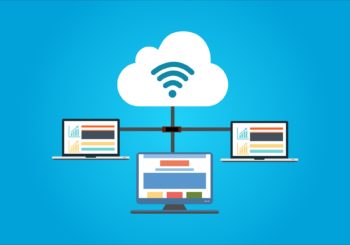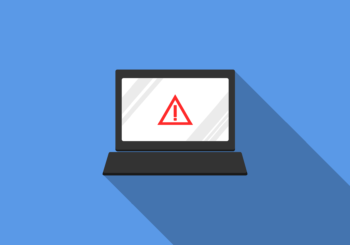
An URGENT Security Warning for Businesses Running Windows 7 Or Windows Server 2008 R2
Microsoft has officially announced that it will retire support on the Windows 7 operating system and Windows Server 2008 R2 on January 14, 2020 (see the enclosed article for more details.) That means any computer or server with these operating systems installed will be completely exposed to serious hacker attacks aimed at taking control of your network, stealing data, crashing your system and inflicting a host of other business-crippling problems you do NOT want to have to deal with.
This is such a serious threat that all companies housing financial and medical information are being required by law to upgrade any and all computer systems running Windows 7 or Windows Server 2008 R2 because firewalls and anti-virus software will NOT be sufficient to completely protect them (or you).
This is a MUST upgrade any servers or workstations running these operating systems. And while January 14, 2020, may...




